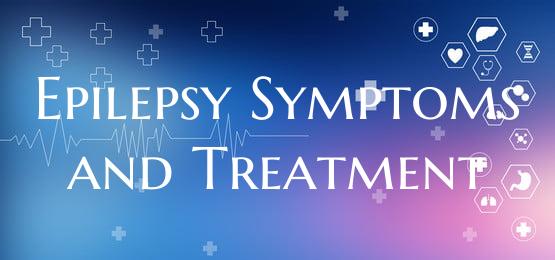
Epilepsy Symptoms and Treatment
Epilepsy Symptoms and Treatment
Epilepsy is a neurological disorder characterized by recurrent seizures. These seizures are caused by sudden bursts of electrical activity in the brain. While epilepsy can affect individuals of all ages, it is most commonly diagnosed in children and older adults.
Symptoms of epilepsy can vary widely depending on the type of seizure and the part of the brain affected. Some common signs and symptoms of epilepsy include:
1. Seizures: The most well-known symptom of epilepsy is seizures. These can range from brief lapses of consciousness, muscle jerks, to more severe convulsions.
2. Temporary confusion: Following a seizure, individuals may experience confusion, memory loss, and difficulty speaking.
3. Unusual sensations: Some people with epilepsy may experience strange sensations such as tingling, smelling something that isn't there, or seeing flashing lights.
4. Repetitive movements: Automatic behaviors like blinking, chewing, or hand rubbing may occur during a seizure.
Effective treatment for epilepsy usually involves medication to control seizures. The type of medication prescribed will depend on the individual's age, the type of seizures they experience, and other underlying health conditions. In some cases, surgery may be recommended to remove the area of the brain causing the seizures.
In addition to medication and surgery, lifestyle modifications can help manage epilepsy symptoms. These may include getting enough sleep, avoiding triggers that may provoke seizures (such as flashing lights or stress), and following a healthy diet.
It is crucial for individuals with epilepsy to work closely with healthcare providers to develop a personalized treatment plan that best suits their needs. By following this plan and taking prescribed medications regularly, many people with epilepsy can effectively manage their condition and lead full, active lives.